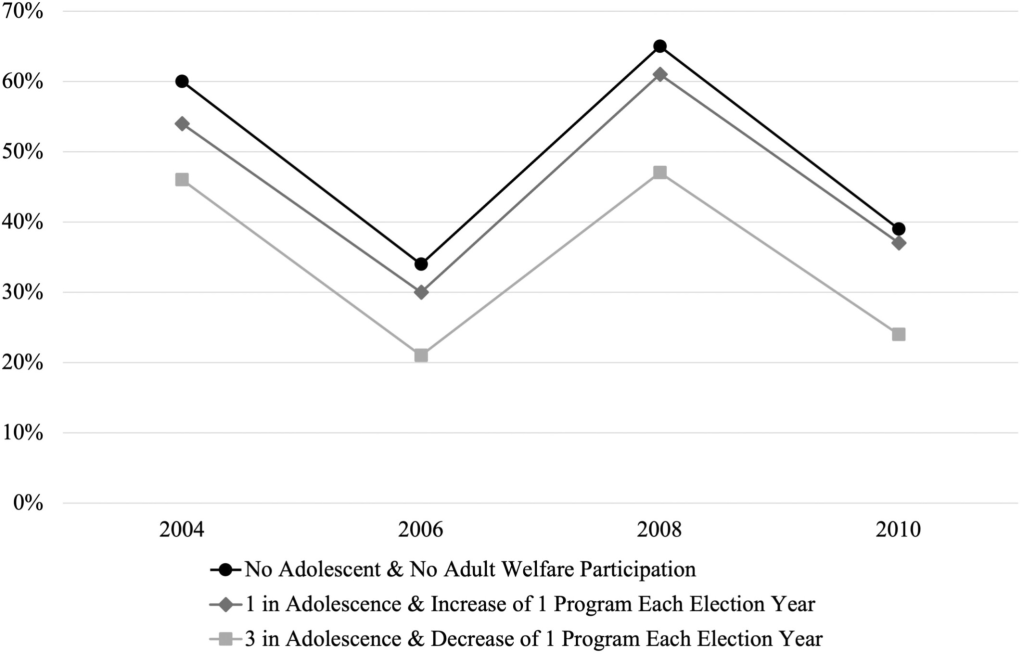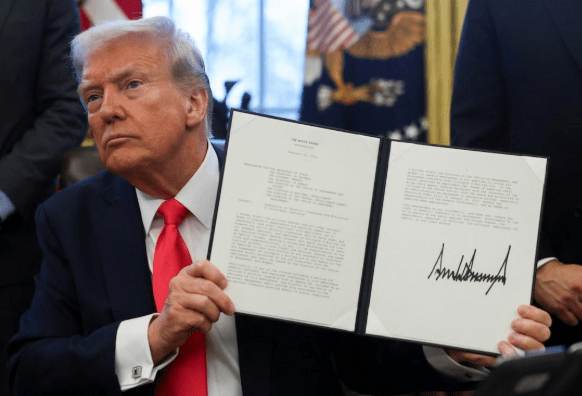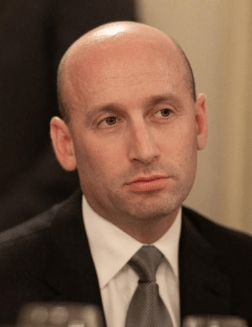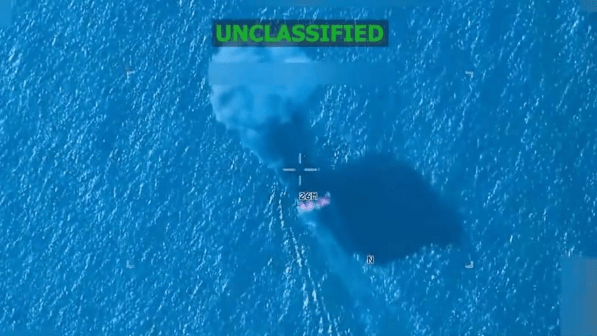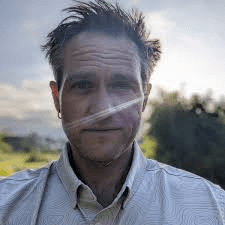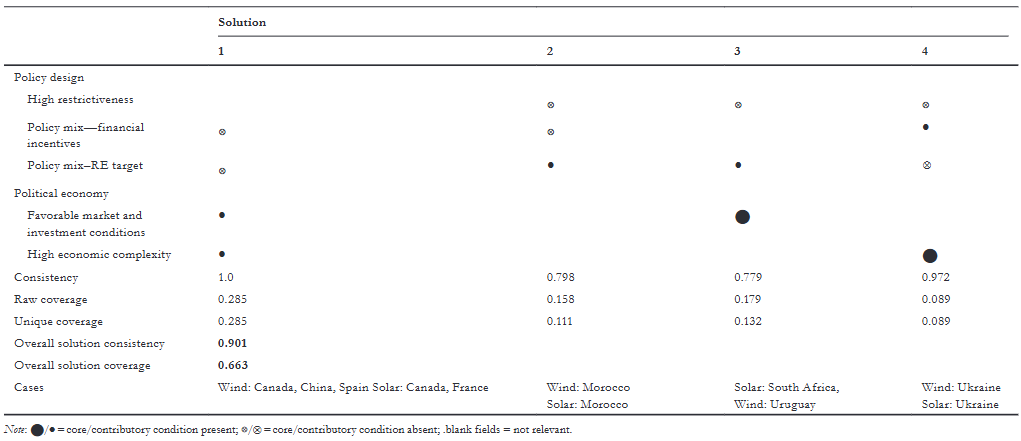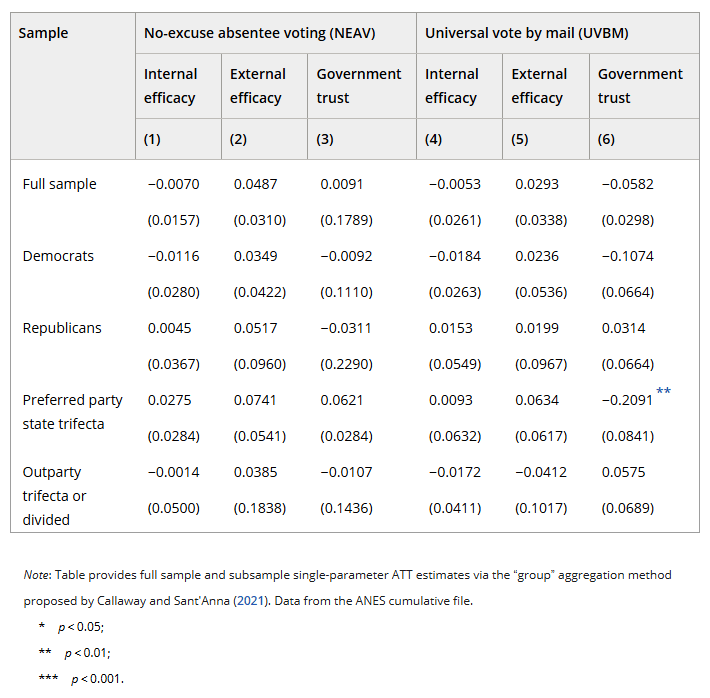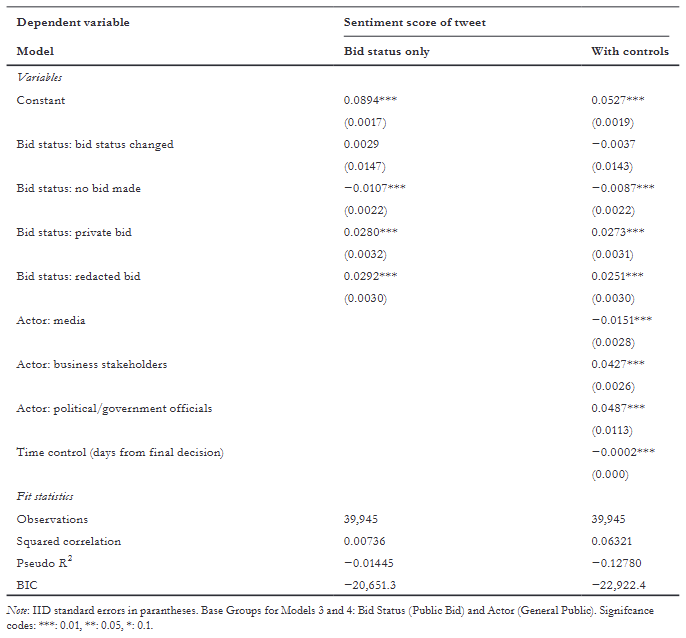The peer review process can be confusing and intimidating, especially for researchers who are new to academia. This blog post provides an overview of the peer review process in theory and practice, specifically in reference to the Policy Studies Journal (PSJ). Our goal is to sketch a roadmap for emerging policy scholars interested in publishing their work in academic outlets.
What is Peer Review, and Why Do We Do It?
The peer review process allows the academic community to ensure their work is trustworthy, rigorous, and impactful to the field. It is a team effort, as scholars rely on one another to check the quality of their research before it is shared publicly. The ultimate goal is to make our research stronger, clearer, and more valuable to academic and non-academic audiences.
Here is an overview of how the peer review process works:
- When a researcher feels confident about their findings, they write a paper and submit it to an academic journal for feedback. Choosing the right journal, however, is a whole topic in itself!
- Upon submission, the journal secures 2-4 scholars with relevant expertise to evaluate the paper. In most cases, the author does not know the identities of their reviewers. PSJ practices double-blind review, where reviewers do not know the author’s identity either. On the other hand, single-blind review allows reviewers to know the author’s identity.
- The reviewers closely examine the paper’s methods, ideas, and overall quality. Then, they write up their feedback and share recommendations with the journal.
- Based on the reviewer reports, editors decide whether to reject the paper or ask the author to revise it. If revisions are requested, the author revises their paper according to reviewer (and maybe also editor) feedback—sometimes through several rounds.
Steps in the Peer Review Process
Step 1: Submit and await desk-reject decision
Timeline: 1-3 weeks
After submitting a paper, editors conduct a quick initial review to determine whether it fits the journal’s scope and meets basic quality standards. If it does not, they may issue a “desk rejection,” meaning the paper is declined without being sent out for peer review. This decision is typically made within a few weeks. If the paper passes this initial screening, it moves on to the peer review stage, where editors invite external reviewers to evaluate it in depth.
Step 2: Journal editors identify reviewers
Timeline: 1-3 months
Once a paper passes the initial screening, editors begin looking for scholars with the relevant expertise to review it. The author may be able to suggest potential reviewers through the journal’s submission system; if not, they can include suggestions in the cover letter. While editors are not obligated to use the recommendations, they often find them helpful. This step typically takes about a month, though sometimes longer. Since academics receive many review requests, editors must identify reviewers who are both qualified and available.
Step 3: Reviewers prepare and submit their reports
Timeline: 1-3 months
Reviewers carefully read the paper and write a report summarizing their evaluation. Ideally, they assess the rigor of the methods, the paper’s contribution to existing scholarship, its originality, and how well it aligns with the journal’s scope and aims. This process typically takes a few months. Their reports include comments for the author and a recommendation to the editors—typically suggesting whether the paper should proceed to revision or be rejected.
Step 4: Editors make a decision
Timeline: Within weeks of receiving reviewer reports (varies by outlet and editorial team workload).
After reviewing the reviewer reports, editors weigh the feedback and issue a decision. The most common outcomes are either (1) a rejection or (2) a revise and resubmit (R&R), which invites the author to address the reviewers’ comments and submit a revised paper draft. A major R&R is more common in the early stages of review and involves addressing a broad range of critiques—some straightforward, others more complex or challenging. A minor R&R suggests that small, less substantive changes are needed before the paper is ready for publication. While no R&R guarantees acceptance, a minor R&R often indicates the paper is close to meeting the journal’s standards. A less common outcome is reject and resubmit, which indicates that the paper has significant issues but shows enough potential that the editor is open to considering a substantially revised version as a new submission. Uncommon at this stage, but still possible, is that the paper receives a decision of accept (as-is) or conditional accept (accept after a few non-substantive changes).
Reviewers usually provide separate evaluations, but their recommendations often align. When they conflict, editors rely on their own expertise and understanding of the field to weigh the feedback and make a final decision.
Step 5: Author revise and resubmit the paper (if applicable)
Timeline: 3 months for PSJ; anywhere between 1-6 months for other journals; editors are typically receptive to justified requests for extension.
After receiving an R&R decision, the author reviews the comments from reviewers and decides whether to revise the paper. Since an R&R is generally a positive signal, most authors choose to make revisions. However, if the feedback suggests changes that are too difficult or would shift the paper in an undesired direction, the author may decide to withdraw the submission.
Even if a paper is rejected, it is often worthwhile to revise based on helpful reviewer comments. Many papers are not accepted by the first journal, and incorporating constructive feedback can strengthen the work for future submissions. Keep in mind that academic communities are small—reviewers from Journal A may also be asked to review the paper at Journal B, and they may respond negatively if they see an author ignoring their earlier suggestions.
Reviewer feedback varies: some comments will be insightful and actionable, others may be less useful or difficult to implement; occasionally, a comment may be unnecessarily harsh (though this is rare and discouraged). While authors are not obligated to follow every suggestion, they should thoughtfully address most of them—especially those that could influence the reviewers’ recommendation.
When revising, use Track Changes and submit both tracked and clean versions of the manuscript. The author will also prepare a response memo detailing how they addressed each comment (or explaining why they did not do so). Reviewers will see this memo when evaluating the revised paper, so be respectful, collegial, and transparent in the responses.
Step 6: Second-round review begins (if applicable)
Timeline: As long as it takes; each round of additional review takes roughly 3-8 months, depending on author, reviewer, and editor circumstances.
After revising the paper, the author resubmits it to the journal. Editors typically invite the original reviewers to assess the revised manuscript. However, some reviewers may be unavailable or decline to participate, in which case editors may recruit new reviewers. These replacements, unfamiliar with the first version, may raise new concerns, potentially extending the review process.
This back-and-forth between author and editors/reviewers continues until all or most of the reviewers independently recommend acceptance or rejection. Remember: being at the R&R stage is not a promise of publication. At any point in this process, the reviewers or editors may identify problems that result in a rejection. Two rounds of review are fairly common; however, sometimes there are fewer rounds and other times there are more.
Step 7: Publish the paper
Timeline: As long as it takes.
Once a paper is accepted, the journal advances it to publication. Celebrate the success!
Tips
- Rejection is quite common, regardless of the peer review stage. Don’t be discouraged! A rejection is not always about the quality of the manuscript; rather, it might just not fit the journal’s larger scope and aims. Reviewers might misunderstand the paper or provide poor-quality reviews. On the other hand, there might be real, well-founded issues that lead to rejection. Rejection offers authors an essential opportunity to improve their research and scholarship. To quote Dr. Tyler Scott, “Friends don’t let friends publish bad papers.”
- Sometimes, a quick desk rejection can be a good thing. Editors often redirect authors to a more suitable outlet for their paper, instead of wasting time on the peer review process.
- Be the kind of reviewer you want to experience as an author; be the kind of author you want to experience as a reviewer. The most effective peer review process involves constructive dialogue between the author and reviewers, with both parties collaborating to advance the best possible research. The process becomes much less productive when an author treats feedback as a personal attack, and reviewers focus on criticism rather than offering suggestions for improvement.
- It is important to approach the peer review process with kindness and fairness. Editors and reviewers are real people—often colleagues you have met or will meet in the world of academia. While reviewers strive to evaluate submissions objectively, unconscious bias can still play a role if they recognize your work or recall past interactions. Editors, who do know your identity, may also form impressions based on previous email exchanges, conference encounters, or your contributions as a former reviewer. By being respectful and acting with integrity, you increase the chances of receiving it in return.
About the Author
Gwen Arnold is a professor in the Department of Environmental Science and Policy at University of California, Davis, and an affiliated faculty member at the Vincent and Elinor Ostrom Workshop in Political Theory and Policy Analysis at Indiana University, Bloomington. She also serves as a Senior Associate Editor at the Policy Studies Journal. Her research interests include policy entrepreneurship, local government decision-making, and using science in policymaking. Non-research interests mainly concern swimming, biking, and dogs.





